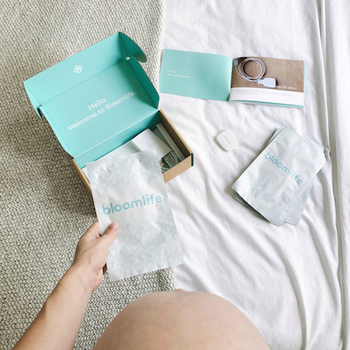
Women today have more tools than ever before to monitor their pregnancies, but data mean little without physician guidance.

Women today have more tools than ever before to monitor their pregnancies, but data mean little without physician guidance.
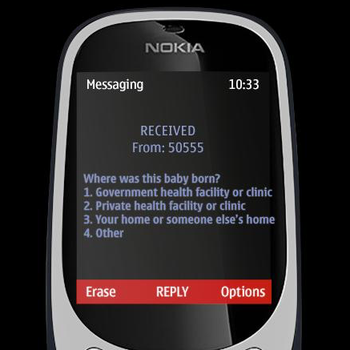
A new study found that SMS polls can help rapidly gather health information.

How tech can help patients and clinicians reap the benefits of an improved, sustainable and proactive healthcare system.

New ONC data suggest 82 percent of hospitals have products developed by FHIR users.

Several dozen health plans and providers have begun using an artificial intelligence platform developed by a company called Apixio.
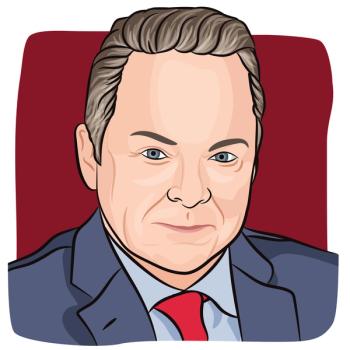
Let's not duplicate failures - let's learn from them.

How valuable is a physician’s time? Is there a decent ROI for having them dedicate a sizable chunk to advising innovation teams? Should innovation teams be in-house or outsourced?

GeoPain also enables clinicians to analyze the data and even make predictions.
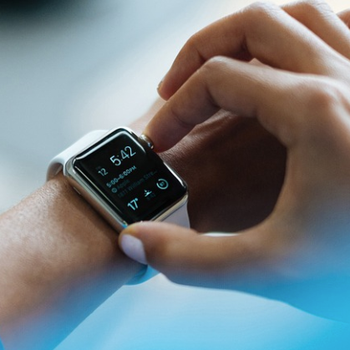
For patients, the benefits of wearables and other forms of real-time health monitoring are clear. But if you’re in charge of sustaining the profitability of a hospital, digital healthcare might keep you up at night.
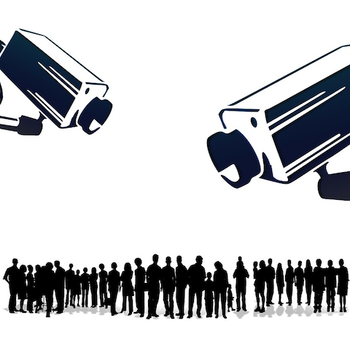
A new survey found that just 15 percent of patients think payers should be allowed to use big data to weigh policies.
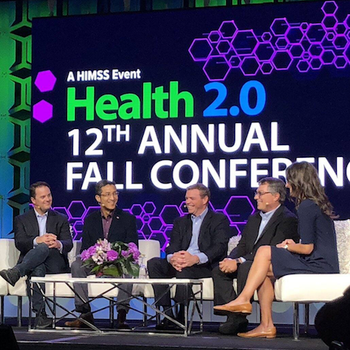
6 ways to make the most out of health IT meetings.

Its artificial intelligence diagnostic system diagnostic system is not just cleared by the FDA. It’s already in use.
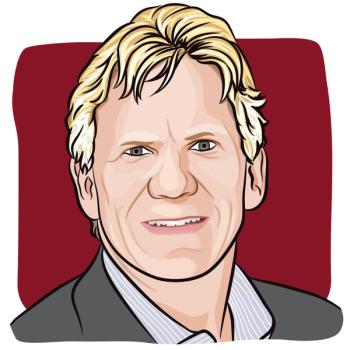
Following Hurricane Florence, many patients are finding access to their latest records and treatments is improved thanks to the resilience of digitized records and their cloud backups.

Health-tech KOL Janae Sharp serves up advice for cutting-edge healthcare leaders.

Smart healthcare leaders must step up and challenge the status quo.

What does it mean when EHRs pose problems and possibilities? Or when a company can improve health but risk privacy?

The company uses genomics and AI to improve health.
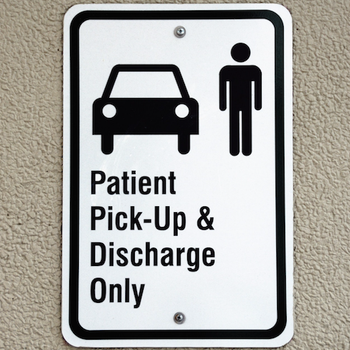
6 points that could enhance patient access measurements.

Leica Microsystems says the tech enables surgeons to make critical decisions when they matter most.

Technology and medicine aren't just crossing paths, they're converging. What does a happy medium look like?
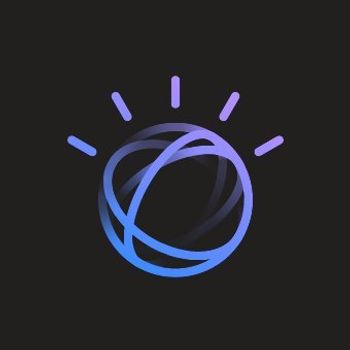
The company touted its “trust and transparency” software services as a hammer to the black box of artificial intelligence.

FHIR could help health systems achieve interoperability.
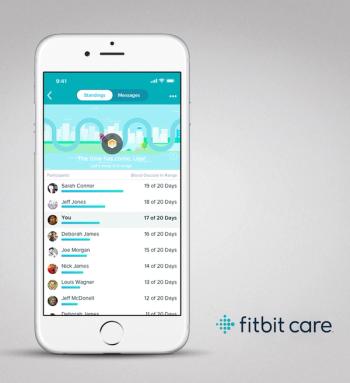
Fitbit Care uses health coaching and personalized digital health interventions. It also provides health systems, insurers and employers with enterprise-level data.

Humana will hire as many as 250 people to staff an analytics center in Boston, but the company is still nailing down the details.

There are three significant challenges that health systems need to address to overcome the artificial intelligence adoption gap.